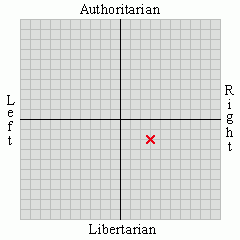For an example as to WHY Wall Street might be interested in physicists and mathematicians, think about a typical pricing problem: suppose you want to buy the right to buy a stock in, say, six months. This might be a bet of a speculative nature (if you think the stock will rise), or it might be to hedge a position (perhaps you sold someone an option to sell that stock in six months). The question is, what's the fair price for that option? These are basic gambling problems, and the idea is to find out the best and worst possible outcomes, then put some odds on those outcomes, and then find the expected return.
The difference between, say, playing blackjack and pricing options is that we have a good model for the evolution of stock prices. For example, in a card deck, the previous card is no indicator of the next card---there is no correlation between the cards in the deck. However, given that a stock closes at 50 today means that it is very unlikely for the stock to close at 0 tomorrow, or 100. The crucial observation is that the stock price is a directed random walk, like a walk down the beach---if your're not paying attention, you walk mostly in one direction, but never in a strait line. The less attention you pay, the less of a straight line you walk. This is called the volatility of the stock price: the stock price is evolving mostly in a single direction (called the drift). (If you look at the history of a stock price in, say, the Wall Street Journal, you'll see a line that represents the 65 day moving average, or the 200 day moving average. This is the drift rate of the stock.) The deviations around the average motion are due to market volatility.
So given the drift and the volatility, we can build a model (called the Black-Scholes model) which models the evolution of asset prices. Given this, we only need to figure out the spread of possible outcomes (best case and worst case scenario), handicap those possibilities, and then price the option.
Anyway, I have had interviews with some big companies, and am excited about the whole prospect. Next week I fly to Vancouver to talk with a financial software company, and I have a follow-up phone interview with a major investment bank in NYC. There's also another company in Connecticut that builds trading software, and has a prop trading desk---I talk to them again the week after next.
Hopefully I will start posting semi-regularly again.





No comments:
Post a Comment